The SchoolsCompared.com Interview. Michael Lambert, Headmaster of Dubai College – on the Record.
If there’s one school in the UAE that gets parents talking, it’s Dubai College. Founded in 1978, the non-profit, British-curriculum secondary school has gained a formidable reputation over more than four decades in Dubai, and for many is now best known for its waiting lists, stellar performance in exam league tables, and high Oxbridge-placement success rate.
As one of the most academically successful schools in Dubai – one which is also significantly oversubscribed – rumours abound about the machinations of its competitive application process and the ‘secret’ to winning a coveted place. There are even said to be private tutoring services for the entrance exam that claim to be able to ‘guarantee’ a spot for children whose parents buy the right tuition packages.
But all of this is nonsense, Michael Lambert, Headmaster of Dubai College, told SchoolsCompared.com in an exclusive interview:
“There are some really shady practices out there.
There are tutors who are claiming that they worked at the school, that they’ve had access to the papers, that they know what’s on it, that they have an incredible success rate and can get your son or daughter in.
But our entrance assessment is not designed to catch anyone out. There’s nothing it in you can’t prepare for yourself. Do not pay any snake oil salesman or charlatan money who says they are going to get you into Dubai College.”
Making of a legend
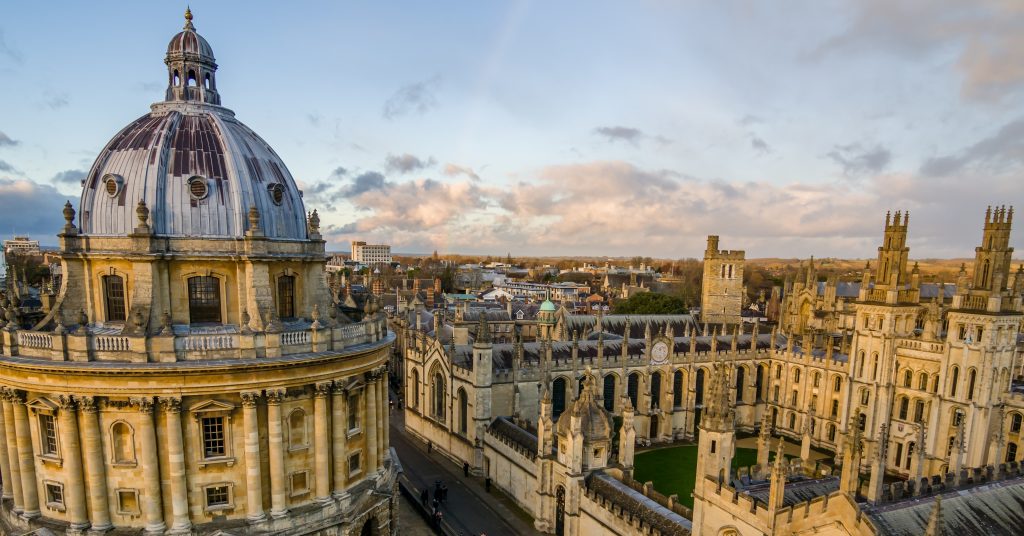
The dreamy spires of Oxbridge are the aspiration for a significant number of students at Dubai College.
For any mother or father with elite ambitions for their child, Dubai College’s academic achievements speak for themselves.
In 2021 almost 96% of DC students received either A or A* grades at GCSE (compared to the UK average of 29%) and 81% received either A or A* grades at A-level (compared to the UK average of 45%).
Dubai College also has an edge when it comes to top-tier university applications. A record 20 of its students received conditional offers from Oxbridge back in 2016, while every year Lambert says more than 60% of its students get offers from the top 1% of universities worldwide, as rated in QS World Rankings. In 2021, Dubai College appeared in The Times and Sunday Times list of the top 100 schools for Oxbridge in the world – the only school in the Middle East to do so.
There’s no one single secret to the school’s success, says Lambert. While the entrance assessment ensures that all of the children at the school are naturally very able, the school’s strict commitment to low class numbers (typically 16 students to a class at GCSE and no more than 13 at A-level) enables teachers to give maximal attention to each child, creating a virtuous circle.
Combine this with the fact that it is one of the few not-for-profit schools in the emirates – which, among other things, means teacher salaries tend to be higher, so they can attract and retain the best staff. Then add in a dash of mystique due to spaces being incredibly hard to come by (on average only one available space for every 2.8 applications), and the result is that the College has climbed from its relatively humble beginnings as a small expat school on the edge of town in the late 1970s, to be one of the most sought-after educational establishments in the emirates, achieving a somewhat legendary status in the eyes of many UAE parents. As we write in our review of Dubai College:
“The founding of Dubai College, still one of the Emirates most prestigious schools, has become intricately woven into the history of Dubai. The story is replete with pioneering spirit, adventure, resilience and ambition, and is very much an “if you build it, they will come” kind of tale. But then that too is pretty much the story of Dubai itself.”
Beneath the mystique
As the Headmaster of a school with such a prestigious reputation, Lambert is refreshingly down-to-earth. While he is very proud of the school’s significant achievements, he’s neither complacent, nor arrogant, about its success.
“I don’t say that we’re the best school in town.
We’re a cracking school; I love the place. I think we do a great job, and there’s loads of opportunity here.
But there are other amazing schools.”
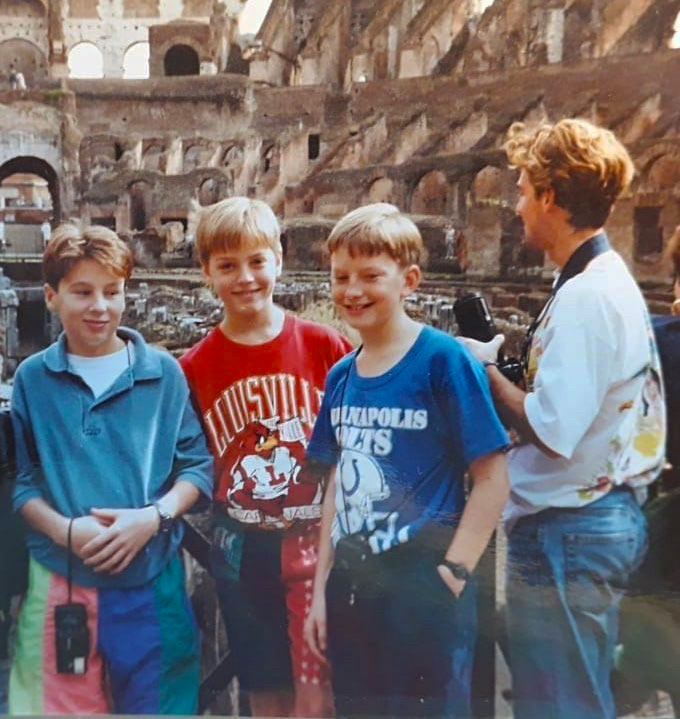
Mr Lambert at school in Warwickshire pictured (far left) with (coincidentally) the current Head of Classics at Dubai College (far right), who happened to be his prep school Latin teacher.
It was his own childhood experience at one such amazing school in the UK that first inspired Lambert’s passion for education.
“I grew up in the Midlands and went to a prep school that was very influential on me, run by very clear-minded Headmaster who was hugely invested in arts and culture.
We just had the most amazing time as kids. There was this arts festival that took place in July every year. And I just assumed that was what education was all about: an introduction to arts and culture and music, and it being integrated into everything you do.
But then I went on to secondary school, and while it was very good, it was not like that at all.”
After graduating in Classics from Oxford, Lambert had a short stint as a stock broker at Barclays in London – “It wasn’t my thing at all” – before studying for a Masters in Social Anthropology at SOAS, with the intention of becoming an anthropologist in Xinjiang province in China.
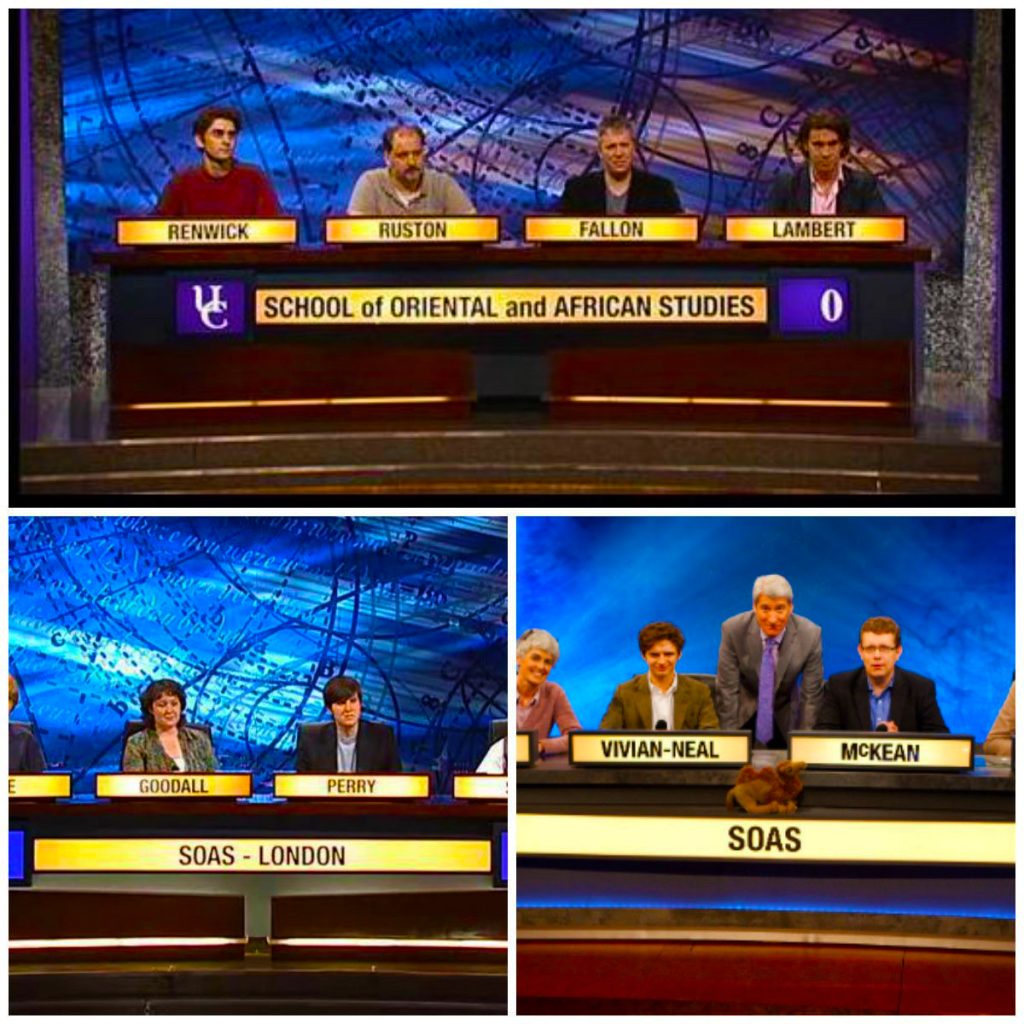
Michael Lambert in his university days representing the School of Oriental and African Studies [SOAS, University of London] on University Challenge
After three years at RGSG Lambert moved to Bedales School as Head of Classics and Resident Tutor on the boys’ boarding house, during which time he completed a PGCert in Psychotherapy and Counselling, then almost certain that he wanted to become a full-time psychotherapist. His experience at the famously bohemian and progressive Bedales School could not have been more different to that of RGS Guildford.
Founded in 1893 as a humane alternative to the authoritarian regimes typical of late-Victorian English public schools, Bedales’, then , as now, offbeat pedagogical philosophy champions a policy of ‘no school rules’ and a custom of calling teachers by their first names, all in the hope of fostering divergent, creative thinkers and a lifelong love of learning.
“The Bedalians were always really, really interesting.
They were always reading something, or taking part in something; whether it was practising their banjo playing or creating an art work. They were switched on, and interested.
It didn’t matter what their academic ability was. They had a lot of cultural capital.”
After leaving Bedales and the UK to join Dubai College in 2012, Lambert has been committed to enriching UAE students with a blend of both academic rigour and cultural capital ever since.
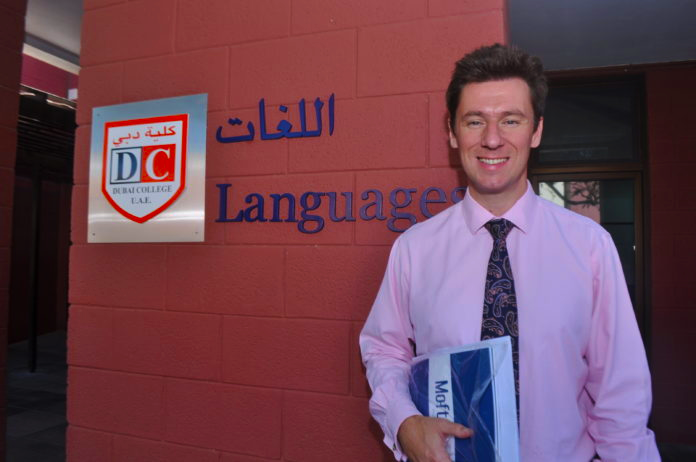
Michael Lambert in 2015 on being appointed Headmaster of Dubai College, pictured outside the Language Department.
Promoted from within, Mr Lambert initially lead the Sixth Form for 2 years before being promoted to Assistant Head in 2014 and then Headmaster in 2015.
Creating cultural capital
Lambert’s appreciation of ‘cultural capital’ is reflected today in the school’s significant investment into the creative and performance arts facilities and curriculum. While there’s nothing flashy about DC – and on first impressions, excepting the architecturally cutting-edge new GAJ designed Reception Building, it could even seem to have more in common with a traditional British grammar school when compared with some of Dubai’s newer schools – the extensive grounds house state-of-the-art and cutting-edge facilities for the creative and performance arts.
There are three design and technology suites, ten computer suites, four art studios, a music centre with teaching and recital areas, twelve practice rooms and a recording studio. There are also three drama studios, including a performance studio seating 150, and a (brilliant) state-of-the-art 900-seat auditorium.
The provision made for physical education is just as impressive. The school’s brand-new SPACE building (Sports and Performing Arts Centre of Excellence) houses a double-width sports hall, a full-size multi-use gym/fitness area, a swimming pool and two fitness studios with facilities for yoga, spinning and TRX classes.
There are also first-class rugby, football and cricket pitches, cricket nets, and four all-weather netball and tennis courts.
In Music, we rate Dubai College provision, and its achievement for children, as, at least, top two in the emirates.
Bucking a trend
A commitment to the arts is also woven into the very fabric of the school’s subject-choice policies: students go through a carousel wherein they experience 5 to 8 weeks in every creative and arts subject during their younger years, but it is then obligatory for every student to take at least one creative or performance arts subject at GCSE – a rare policy that Lambert says has surprised his peers at other schools in the UAE. Every single child also continues to do some form of Physical Education all the way up until the end of Year 13.
Lambert refers to research on ‘exceptional schools’ and how a dedication to subjects such as music has been found to have a correlation with a school’s level of excellence. “So you’ll always have music on the curriculum right away up to A-level, even though probably only one or two students will ever do it,” he says. “It might a bit of of a loss leader, but it communicates something about your commitment to music.”
In a world that’s currently seemingly obsessed with STEM subjects, this focus on arts and humanities bucks a trend – something Lambert does not apologise for.
“Life is long, and should be a rich experience as much as possible.
It shouldn’t be completely prosaic and focused on education solely for the purpose of finding a job that contributes to GDP.
It should be much more about the lived experience of life.”
Preparing for the real world
That’s not to say that DC students are not taught skills that are relevant to the real world, however. A brief glance at the school’s A-level subject choices for 2021 shows that by far the most popular subject to take at this stage is mathematics (109 DC students took it in 2021), followed by physics, chemistry and biology (49, 47 and 36 respectively), with the most popular humanity A-level subject being English Literature (31 entrants in 2021).
Lambert is keen to emphasise that the school takes an evidence-based approach to teaching, whereby they will research and test out avant-garde, new or progressive pedagogical methods, assess their usefulness, and then continue only with the ones that are deemed successful.
One such experiment has resulted in DC’s ‘Harkness room’: named after a philosophy developed under the patronage of oil magnate and philanthropist Edward Harkness. This room features write-able walls and a long oval table – much more like the sort of set-up one would expect to see in an office boardroom, rather than a hierarchical classroom. Subject teachers can book to use the Harkness room for any of their lessons, during which children are encouraged to debate, question and interact in an open-ended whole group discussion, with minimal teacher intervention.
This touches on another key value of DC: an emphasis on oracy, not just literacy and numeracy. DC students are taught rhetorical deftness: to question, analyse and express themselves articulately in conversation – all of which are critical aspects of successful leadership, but which are usually largely neglected in modern education. More on oracy can be found here.
On top of this, Lambert says children have digital skills lessons, where they’re given advice on creating a strong social media profile, learn to use green-screen technology, taught the basics of the Adobe suite and how to podcast, amongst many other skills, all of which are done in the name of work readiness.
The meaning of not-for-profit
A key element that makes Dubai College so attractive to prospective students and their parents is the fact that it’s one of the UAE’s few not-for-profit schools. For families new to the UAE, this can be a point of confusion.
“We are not owned by anybody.
“We were granted the land on which the school is built.
And the school effectively has to be overseen by a board of governors, who are not paid for that job. Their sole role is to benevolently give their time and expertise to ensure that a school exists on this plot.”
Because of this the school’s only purpose is to provide education, and nobody involved in the school gets paid, apart from the staff, Lambert continues:
“It is quite different from a for-profit school, where you have a Board of Directors rather than the Board of Governors. And obviously a Board of Directors might genuinely have an interest in education, but they have probably also got commercial interest. And driving a profit or reducing costs might often be informed by their own self-interest. Whereas there is very little self-interest from the Board of Governors of a non-profit, because they’re not getting anything [financially] out of it.”
This means that any surplus cash from school fees (which start from Dh27,494 per term) must be spent on improving the school for students. “Every dirham that we’ve ever charged any parents gets ploughed back into the school,” says Mr Lambert. This enables DC to invest in the best facilities, and the highest quality teachers – an investment that pays off. The average length of employment of a teacher at DC is nine years, he says, compared to an average teacher turnover of a little over two years in the UAE, and DC boasts several teachers who have been at the school for more than 30 years. “The quality of our facilities, the calibre of our staff, the length of stay: all of that is a direct result of the fact that everything gets invested back into school.”
Not all about Oxbridge
While it’s the academics and Oxbridge placements that usually grab DC headlines, this is by no means what the school is all about, says Lambert.
Oxbridge can be “a really, really interesting and divisive” issue for many, he says. “Typically, Dubai College students do well in terms of gaining access to Oxbridge,” Lambert states, “but we don’t drive the Oxbridge applications ourselves. The demand comes from within.”
Roughly 40 to 50 of DC’s Year 13 students will put together an Oxbridge application each year, he says. Because of this, DC has a very comprehensive programme to support students with their Oxbridge application, but it’s a ‘chicken and egg’ scenario, he says, wherein it’s hard to tell which came first: “The programme was put on because the demand just grew.”
Nevertheless, this means that the school has an exceptional Oxbridge admissions and preparation programme, and a dedicated head of Oxbridge admissions hired specifically for that role. The school also coordinated with the UAE’s Oxford and Cambridge Society to set up the first Oxbridge-interview practice preparation afternoon, and then invited other local schools to join.
Changing tides
But things are shifting, says Lambert. “And so I think we shouldn’t be fixated too much on Oxbridge.” He refers to the recent headlines made by a new Cambridge college president, Dorothy Byrne, who said that 93% of students accepted at Cambridge should be from state schools, and only 7% from private schools. “There’s a degree of ambiguity as to where overseas international school students sit, because they’re certainly not state-educated in the UK,” he says. “When we’ve written to Oxford and Cambridge, they’ve told us that we’re just classified as ‘overseas’, but what does that mean? Does that count for or against the students that are overseas? It’s not clear.”
The shifting tides are also being reflected in DC’s own student behaviour. Instead of Oxbridge, or even the UK in general, an increasing number of DC students are choosing Ivy League and other top-tier universities in the US:
“This year, we only had 60% of our leavers go to the UK, while almost 25% went to the States, with the other 15% going to everywhere else in the world.”
This has been a steady trend over the past five years:
“In 2017 we had 75% of our students head to the UK. The next year it was 70%, then 65%, and it’s down to 60% now.”
Meanwhile students going to the US have increased, starting from 12% in 2017, rising to 17% the following year, then 21% and now 24%. “So students going to the US has doubled from 12% to 24%, and those going to the UK has dipped from 75% to 60%.”
Lambert points out that the number of students applying to universities in the UK and US has remained broadly the same, it’s just that more are taking their US places and fewer are taking their UK places.
With the UK diminishing as destination of choice for students leaving DC, Lambert says that they are now considering hiring another full-time US university admission counsellor.
Elite but not elitist
There’s no denying that DC has an intense focus on high-achieving pupils.
Its sporting provision and success is nothing short of intimidating, and teams in the school’s flagship sports of rugby for boys and netball for girls consistently achieve at least the top two places in the league tables in the UAE, as well as tour internationally.
For students who are on an elite athletic pathway, DC now has a full-time strength and conditioning coach, who will work individually with the strongest students to give them a bespoke training programme that’s relevant to their specific sport.
It’s not too surprising then that DC boasts many elite athletes, including some Olympians, as its alumni.
But there are no barriers to access DC’s sporting provision, says Lambert. “The range of sports we provide is incredibly inclusive,” he says, referring to the school’s spinning studios, table tennis provision and Yoga and Pilates studios.
“It’s not all high-octane, highly physical team sports at the elite level. There is some way for every single student to be able to access physical education.”
This is also the case for the school’s musical provision. DC features a ‘Beginner’s Band’ in the music department, whereby novice musicians can choose to borrow any one of the school’s 45 instruments for a whole year. They’re encouraged to take lessons and join the band, in which they can become accustomed to playing and performing music, and then decide whether it’s something they want to continue with:
“We’ve got good examples of students who started in the Beginners Band and then got to diploma level in the seven years that they were within the school.”
This feeder structure also ensures that DC is able to host a full orchestra at all times. Over half of DC students will be taking a musical instrument at any one time, says Lambert. “In terms of the number of ensembles that we’ve got, it starts with the Beginners Band, but then we have the Intermediate Band, we’ve got five choirs, we’ve got the Jazz Band, we’ve got the full Orchestra. If there isn’t an ensemble for it, we’ll create an ensemble for it.”
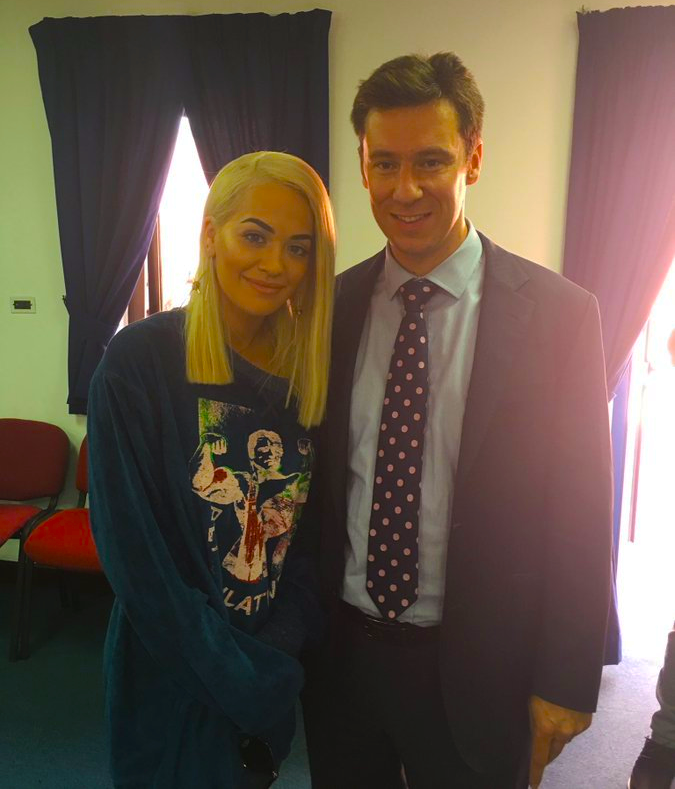
A photograph of Michael Lambert meeting Rita Ora at Dubai College on her visit to the school in 2016.
The point is, Lambert says, you don’t have to come as a ready-made musician into the school:
“We create musicians, we don’t just recruit musicians into the school.”
How do I get my child a place at DC?
Lambert is both aware of and empathetic to the plight of parents who are keen to give their children the best chance of getting into such a high-performing school.
A father of two boys aged 8 and 10, his own son is preparing to take the assessment this year, he says, with absolutely no guarantee that he will get in.
In terms of what kind of child will thrive at the school, Lambert points out that on average students at Dubai College have a CAT4 (cognitive abilities test) score of 127 (with it ranging between 113 and the maximum of 141), putting them in the top 4% academically. “I think it’s worth bearing in mind that if that’s the average, then you can be a big fish in a small pond in primary school, but you’re with a very able cohort.”
“A child who is used to being top of the class can suddenly become quite average at DC. Even though they are absolutely not; relative to their cohort, everyone is pretty able.”
Dubai College accepts 176 students into Year Seven every academic year, but last year it had around 500 applicants.
Students who are exceptional at sports or music will have an edge, he explains. “I am very arts and humanities interested. And I honestly believe that those students who want to have that sort of rich, wholesome, holistic experience will have equally good opportunities elsewhere, but they’ll have an amazing opportunity here.”
“I think the provision for sport, for music, for art, drama, design technology at DC is absolutely second-to-none. So we do specifically target and look for students who will enhance that sport and musical provision.”
The top 100 students that apply to DC are quite obviously the top 100 students, says Lambert; “They’re head and shoulders above everyone else academically.” But choosing the next 76 is actually quite a challenge. “Because we’ve probably got 150 – 200 other students who we could offer to, but we just don’t have enough seats.”
Lambert’s advice is to make use of the Extracurricular page on the application form:
“It’s one side, it’s a template, and my advice is: fill it in. And if your son or daughter is in the sports team, taking extracurricular music lessons, or involved in philanthropic projects, or has done some leadership – get it on that form. We’re not just looking for ruthlessly academic students.”
He also emphasises that a student has the greatest opportunity by far of getting in at Year Seven than in any later years. “We do have occasional places, but because we feed in 176 students at the beginning and then let the numbers taper, it is a lot harder to get in higher up the school.”
In terms of preparation for the entrance exam, Lambert is dismissive of the tutoring services that claim to be able to get children in to the school through intense tuition. “If your child is following the National Curriculum for England and Wales then our admissions assessment is not a ‘test’. It’s not designed to trip people up.”
The 45-minute maths assessment, for example, is simply based on upper Key Stage 2 content:
“There’s nothing beyond that. If you go onto the UK Government website and download the Key Stage 2 National Curriculum for maths it’s all there. We’ll really only focus on what you’re likely to be taught in Year Five, because we know different schools operate at different paces, so we’re not going to test you on stuff that’s the end of Year Six, because the assessment is in mid-November.
I’m really keen to demythologise the entry assessment. There’s an English assessment, maths assessment and a CAT4. That’s it. And we do look at the Extracurricular form.”
Practice papers can be bought from any book store or downloaded online and done at the kitchen table with Mum and Dad, and hiring expensive tuition services is not necessary, says Lambert. “The more we can disabuse people of that notion, the better.”
Altruism, Philanthropy and Giving back
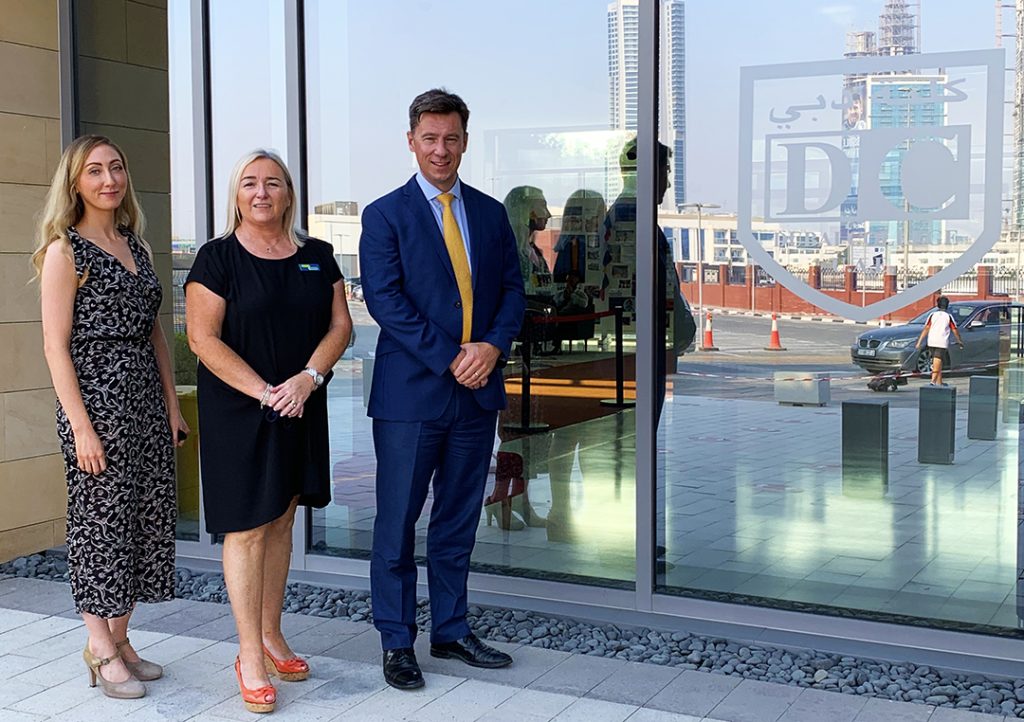
The SchoolsCompared.com team pictured with Michael Lambert on their visit to Dubai College in November 2021
For many parents, academic results alone would be enough reason to want their child to attend Dubai College. The pressure is on to deliver those results. But for Lambert, results are just one part of the story – and certainly not enough.
One of the core four pillars of an education at Dubai College – aside from the pillars of sporting, creative and academic endeavour – is also philanthropy, he says.
This can be seen in the school’s establishment of a UK registered charity, which this year has begun work on – including many other things – raising income to ensure that no bright child is precluded from a place at DC simply because of the affordability of its fees, and that no child ever has to pay the price for the changed financial circumstances of their parent(s).
DC has also built a school in Nepal in collaboration with United World Schools, with the plan being to establish three or four more of those schools over the course of the next decade.
Philanthropy is something the school is committed to both as a moral duty, and as part of providing a holistic education that inspires an appreciation of altruism in its students, and a desire to make a difference in the lives ahead of them: “If you are doing well and you have every advantage under the sun, part of the duty of responsibility that comes with that is to give back,” says Lambert.
Looking to the Future
Perhaps the best indicator of a school’s impact is what its students go on to do afterwards. DC has a thriving alumni network, which Lambert frequently refers to as evidence of the College’s positive influence on students and its ongoing sense of community.
While showing us around the Design Technology labs, Lambert reads out a recent, heartfelt email from a former student crediting the DT teacher, Ian Jones – who’s been with the school since 1986 – for inspiring him to follow the career trajectory that now sees him as the CEO of a multi-million-dollar sustainable packaging company in New Zealand.
While showing us the school’s swimming pool, Lambert points to a huge poster of professional swimmer Andrew Chetcuti, a former Dubai College head boy, who represented Team Malta in the 2012 Summer Olympics.
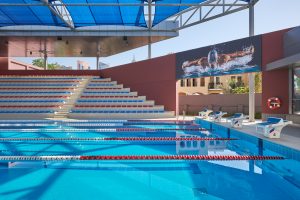
A poster of Olympic swimmer and former DC head boy Andrew Chetcuti hangs above the swimming pool in the new SPACE building. Photo credit: GAJ
The diversity of DC leavers’ university courses and professions is something Lambert cannot emphasise enough – students go on to be anything from actors to racing drivers and designers, he says, not just business and finance professionals.
He also highlights that the alumni they seek out to visit the school and talk about their lives aren’t the ones who’ve had straightforward career paths. Instead they are those who’ve had twists and turns; failures, career changes and unexpected curve balls. The ones who’ve come out the other side of a challenge, resilient and successful. A bit like Lambert himself, whose past decisions to be a stock broker, anthropologist and psychotherapist are all what got him to where he is today.
The bigger picture
In the end, what Mr Lambert leaves us with is his wish to convey that Dubai College is not just an academic school. Nor is it the only outstanding school in the UAE. This mythology helps no-one – least of all the children or families that do not make it across the finishing line to enter the school.
Lambert is keen to point out that there are many excellent schools out there, and each of these is likely the absolute best they can be for their children. Dubai College is, however, the best school in the region for a certain type of very academic, inquisitive and adventurous child. Those who need a certain type of schooling and attention – academic, whole-child and cultural – that can only be found in DC. For these children, Lambert’s school is home.
Academia should not be about putting students in boxes and narrowing down, but about opening up and inspiring a life-long thirst for learning. Lambert’s own endeavours make the point: in 2021, after “after 4 long years punctuated by COVID,” Mr Lambert finally secured his MBA in Educational Leadership from UCL’s Institute of Education.
The final take-away? Dubai College has its reputation for very good reason. But it’s one about much, much more than academics alone – and to reduce it to this does its children a disservice. So too, if a child does not achieve a place at Dubai College because the fit is not right, that does not mean that child will not achieve an extraordinary, life-changing education elsewhere.
The final words, aptly, go to Mr Lambert:
“It is fair to say that Dubai College still remains one of the most sought after schools in Dubai. Every success with which we have met during the course of the past six years is entirely down the exceptional team that I have either managed to recruit or retain, whereas any shortcomings of the school during this time are all my own.”
© SchoolsCompared.com. © Dubai College © GAJ. 2021. All rights reserved.
Read our full independent review for parents of Dubai College here.
Visit the official Dubai College web site here.
Have you got questions about applying to Dubai College or other secondary schools? Want to know the inside story from other UAE parents? Join our Facebook group Parents United UAE to get answers from the SchoolsCompared.com and Which School Advisor experts, as well as other parents with children at schools in the UAE.















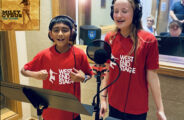



























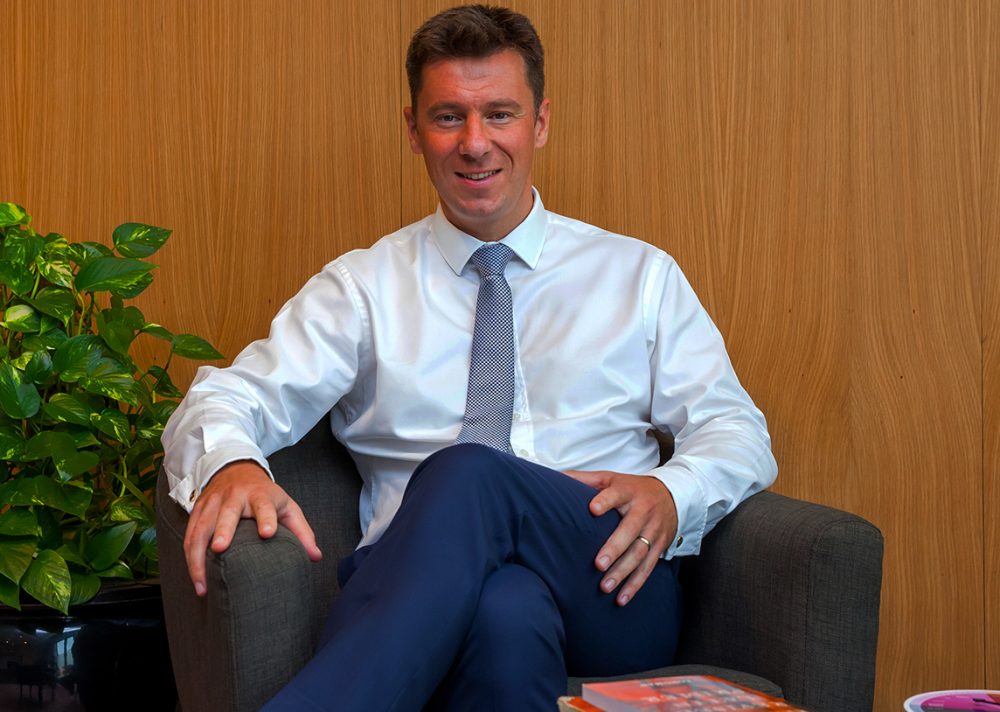
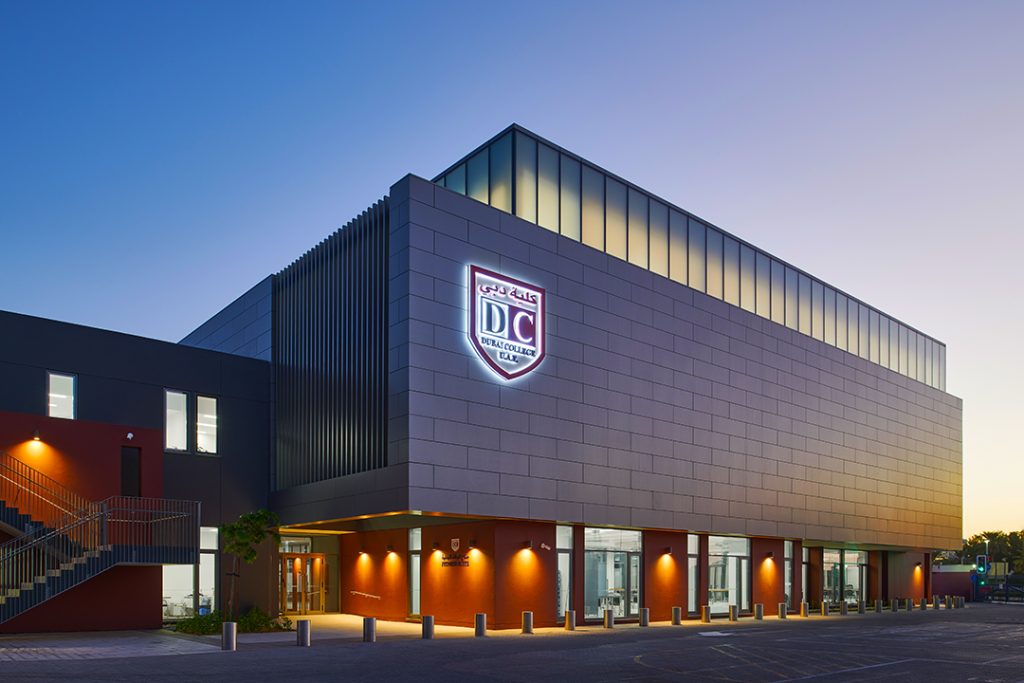
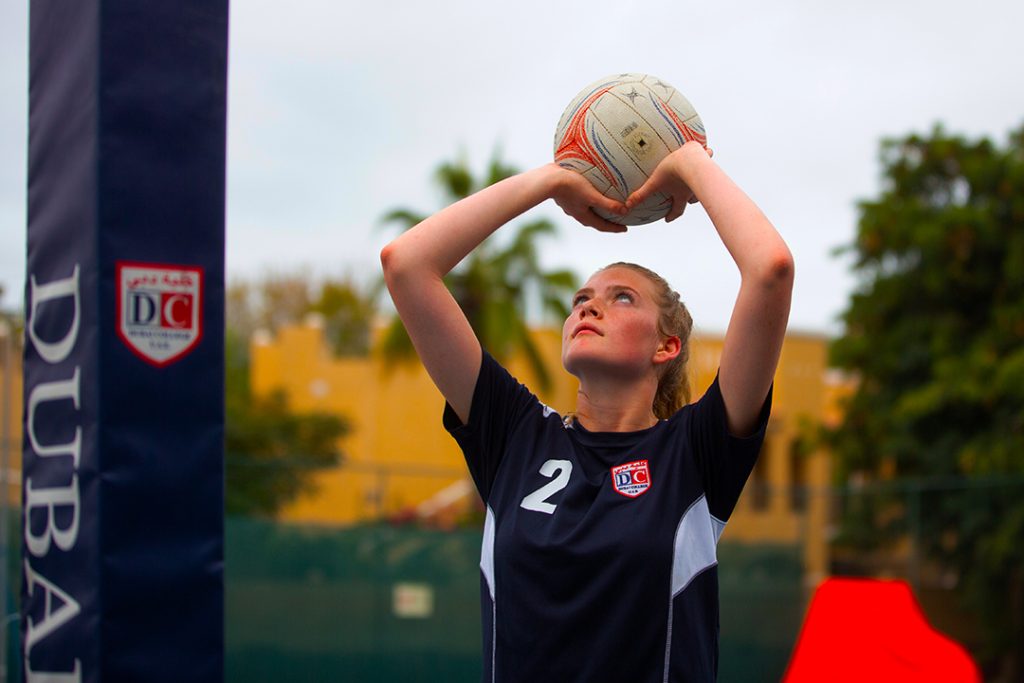
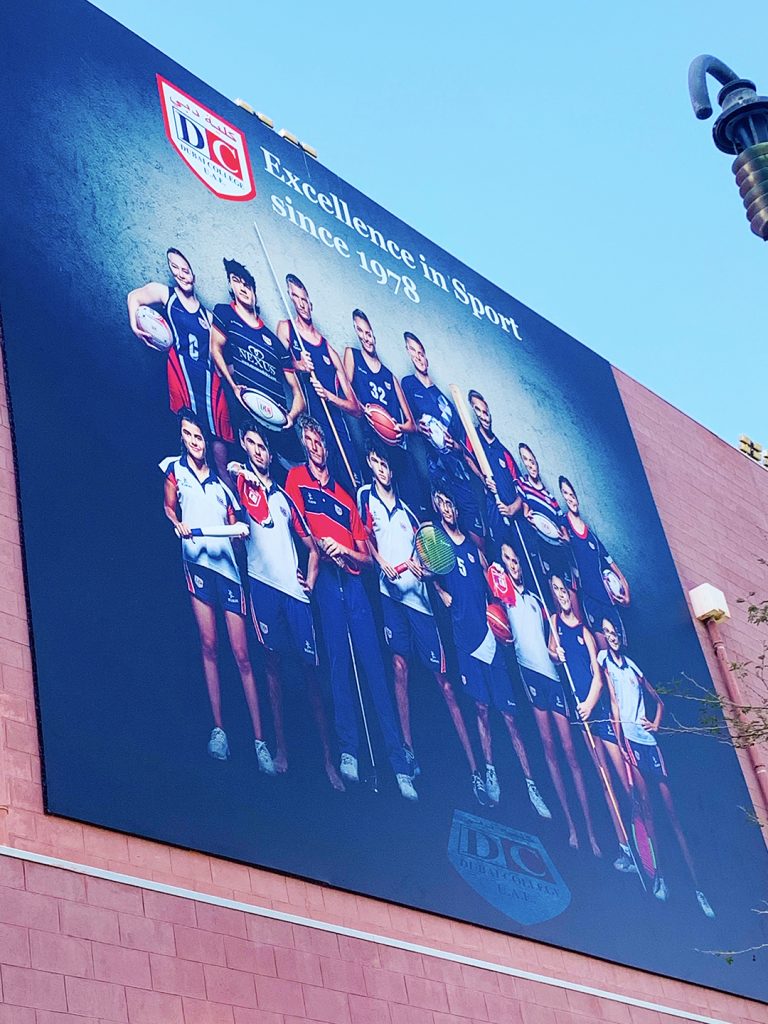
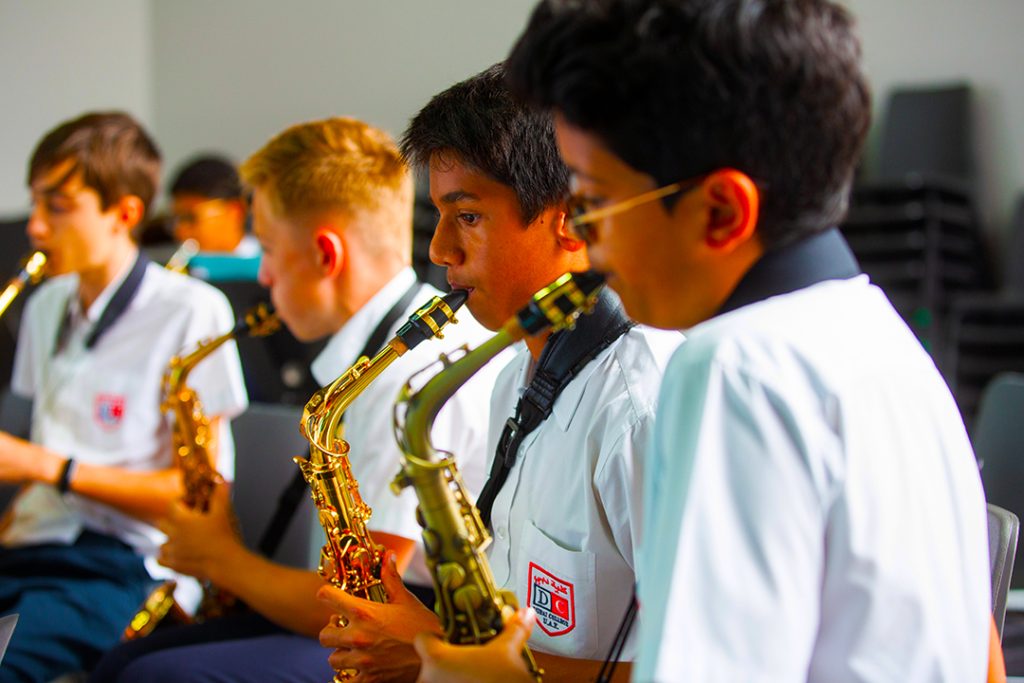
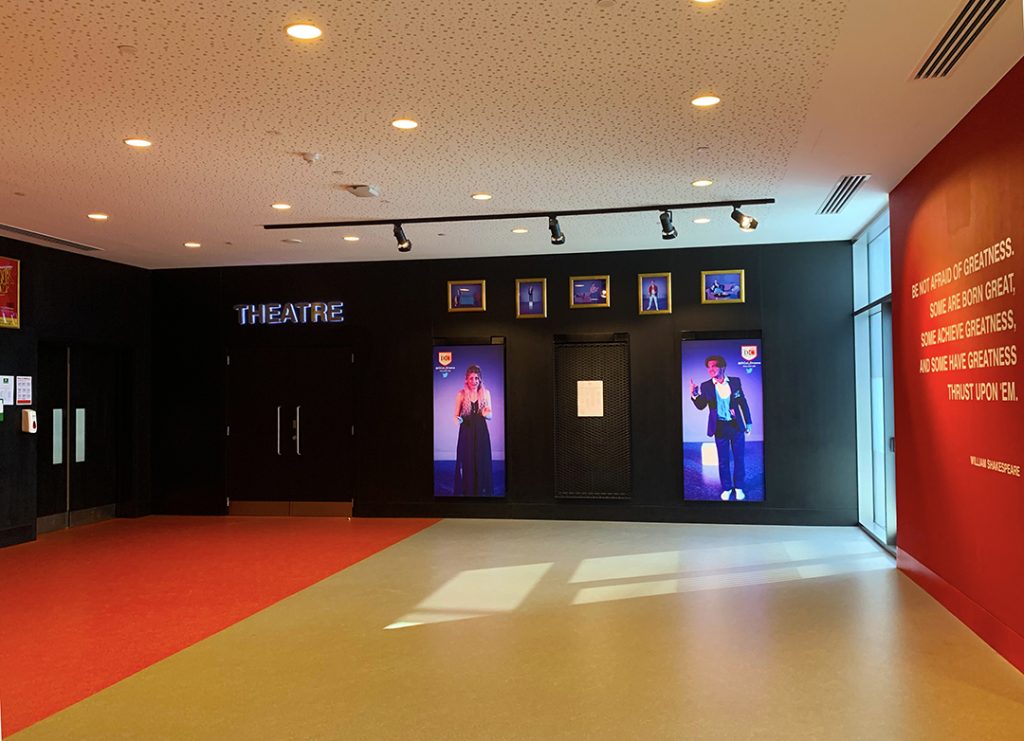

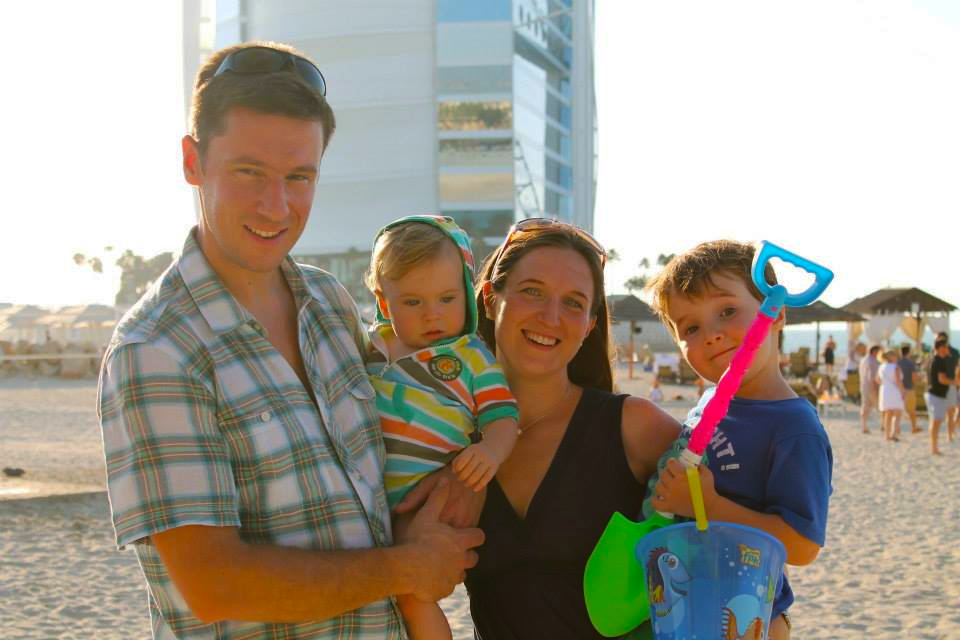



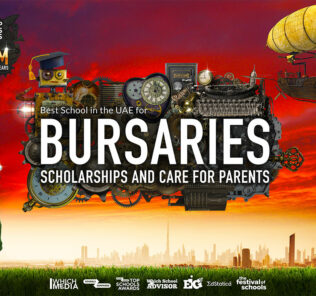


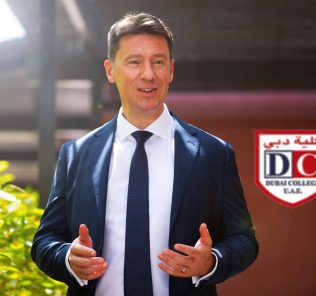
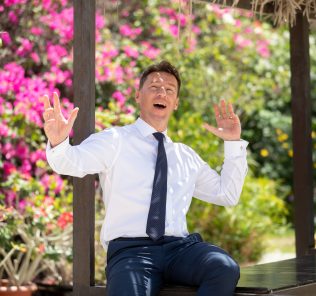
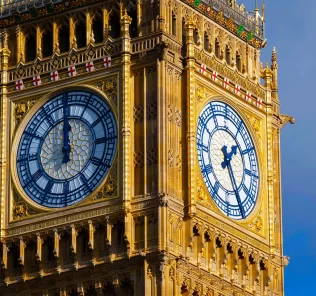
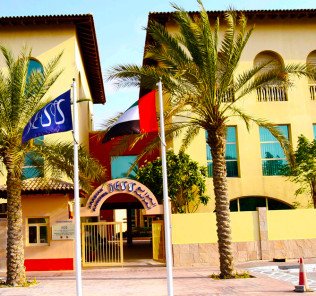
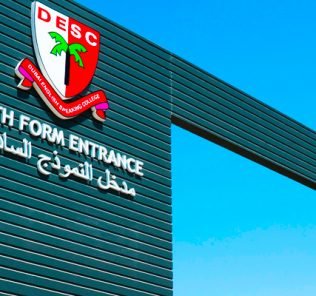
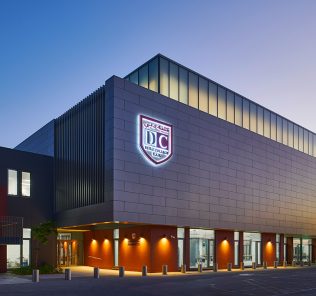

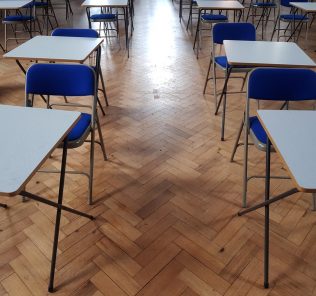
















Leave a Response